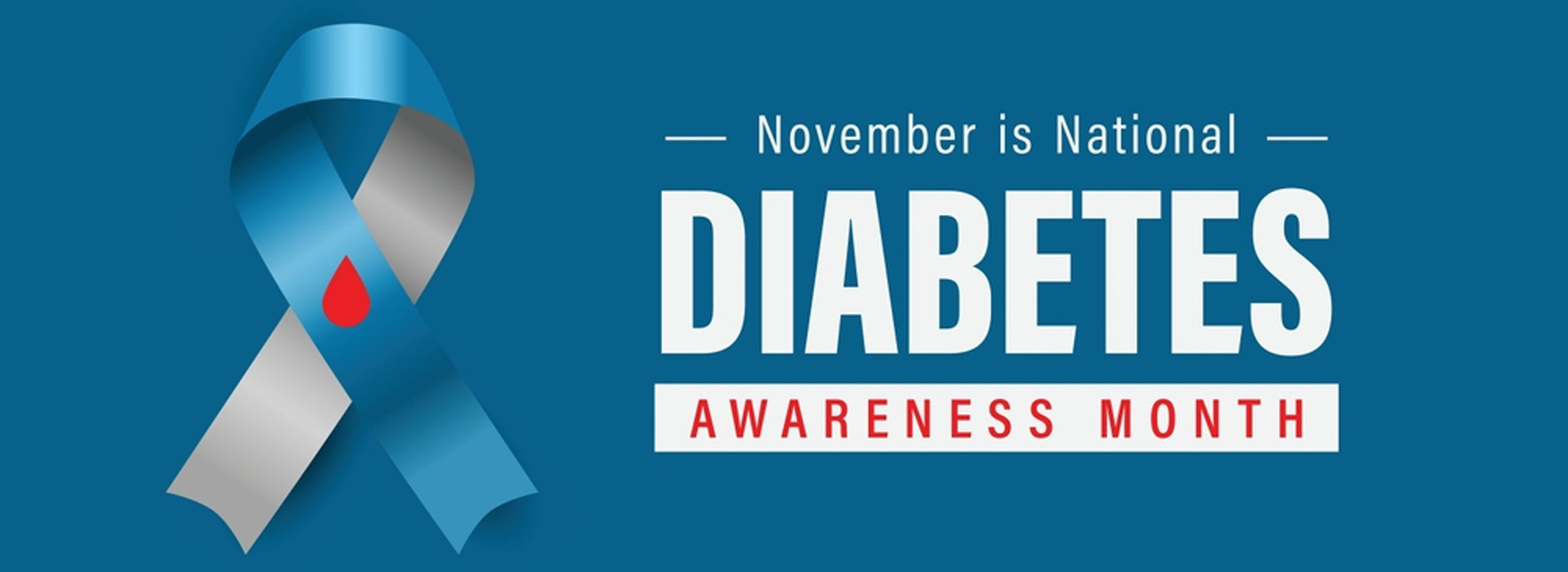Last Updated on November 13, 2023
 Introduction: Diabetes Awareness Month 2023
Introduction: Diabetes Awareness Month 2023
November is the time of the year that rings the alarm on the diabetes epidemic. About 1 in 10 people are living with diabetes. As stated by WHO, diabetes is considered the main cause of blindness, stroke, kidney failure, heart attack, and lower limb amputation. Between 2019 and 2020, the diabetes mortality rate rose by 2%. In addition, deaths from kidney disease, as a consequence of diabetes, have taken nearly 2 million lives. Maintaining a healthy diet and body weight, avoiding tobacco, and regular physical activity are some ways to prevent or delay the onset of type 2 diabetes.
Advancements in clinical research are a great way to evolve treatments and produce more potent ones to combat diabetes and curb its complications. To help in this cause, Prime Revival Research Institute conducts diabetes clinical trials for individuals with type 2 diabetes. If you or someone you know suffers from high blood sugar levels, consider participating in these trials.
Continue reading the blog to equip yourself with the righteous information about diabetes and its complications this diabetes awareness month 2023.
November Is Diabetes Awareness Month 2023
If the pancreas is not able to produce enough insulin or when the body fails to use the insulin it produces, blood sugar levels rise increasingly, requiring an outsourcing of insulin to maintain glucose levels in the blood. This condition is called “Diabetes,” a chronic disease. These levels of high blood sugar usually has a direct effect on the blood vessels and nerves, manifesting as peripheral neuropathy or diabetic foot.
Link Between Diabetes and Heart Disease
Diabetes is a complex and prevalent chronic condition affecting millions of people worldwide. While it primarily involves issues with blood sugar regulation, individuals with diabetes often face another significant concern: an elevated risk of heart disease.
Individuals with diabetes, whether type 1 or type 2, have a significantly higher risk of developing heart disease than those without diabetes. This connection arises from several interrelated factors:
- Blood Sugar Control: Elevated blood sugar levels damage blood vessels and the nerves that control the heart and blood vessels. As a consequence, the likelihood of heart disease increases.
- High Blood Pressure: Hypertension is more common among people with diabetes. This is because increased blood pressure exerts additional strain on the heart and arteries, increasing the risk of heart disease.
- Dyslipidemia: Diabetes often leads to abnormal levels of cholesterol and triglycerides in the blood, further contributing to the build-up of fatty deposits in the arteries.
- Inflammation: Diabetes is also known to trigger chronic low-grade inflammation in the body, which can harm the arteries and lead to atherosclerosis, the hardening, and narrowing of arteries.
- Obesity: Many individuals with type 2 diabetes are overweight or obese, a risk factor for heart disease.
- Insulin Resistance: In type 2 diabetes, the body’s cells become resistant to the effects of insulin, causing the pancreas to produce more insulin. As a result, high insulin levels can contribute to the development of heart disease.
Key Focus During Diabetes Awareness Month 2023: Screening & Testing
Early detection of diabetes is crucial. During Diabetes Awareness Month 2023, the key focus is on making screening and testing more accessible. Many organizations offer free or low-cost diabetes screening services to individuals at risk. By identifying diabetes in its early stages, individuals can take steps to manage the condition effectively, reducing the risk of complications and improving overall quality of life.
Some non-invasive tests performed on diabetic individuals to evaluate heart health are:
- Electrocardiogram (“EKG” or “ECG”): An EKG measures the electrical activity of the heart.
- Echocardiogram (“Echo”): An echo is a safe and painless ultrasound test that uses sound waves to examine the heart’s anatomical structure and motion. The echo in the test enables the doctor to evaluate the thickness of the heart muscles and the efficiency of the heart’s function.
- Exercise Stress Test (“Treadmill Test” or “Exercise Test”): This test helps determine how well the heart can handle the workload. It also draws findings if the blood supply within the major arteries is reduced.
Depending on the severity of the symptoms and uniqueness of the patient, invasive tests performed are:
Nuclear Stress Test:
The thallium stress test is a nuclear scanning or myocardial perfusion imaging exam that assesses the blood flow to the muscle. Typically, it involves combining an exercise stress test on a treadmill or bicycle.
Coronary Angiogram:
In this test, a contrast dye, visible via X-ray, is injected into the bloodstream. Subsequently, medical professionals capture and analyze X-ray images to determine any potential damage to the arteries and assess the quantity and severity of blockages within the arteries.
Conclusion
In conclusion, Diabetes Awareness Month in 2023 is not just an observance; it is a month that celebrates the resilience and strength of those living with diabetes, inspiring them to lead fulfilling lives and serve as beacons of hope for others. With its unwavering dedication to improving diabetes prevention, management, and support, Prime Revival Research Institute utilizes this Diabetes Awareness Month 2023 to make a profound impact on the lives of individuals and communities worldwide.
Following a multi-faceted approach encompassing awareness campaigns, clinical trials, education, screening, and community engagement, Prime Revival underscores the importance of early detection, emotional support, and a healthy lifestyle.


 Introduction: Diabetes Awareness Month 2023
Introduction: Diabetes Awareness Month 2023